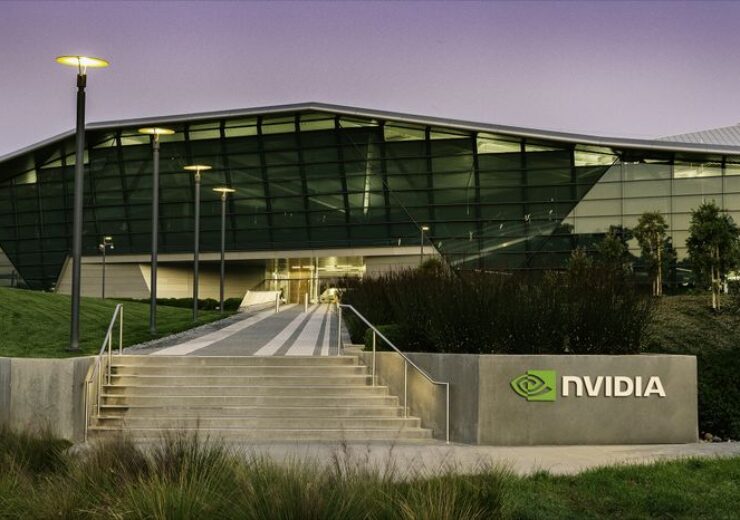Nvidia had submitted commitments to the EC earlier this month to address some of its preliminary concerns but they were found to be insufficient in removing the doubts concerning the effect of the deal on the market

Nvidia’s acquisition of Arm faces an in-depth investigation by the EC. (Credit: NVIDIA Corporation)
The European Commission (EC) has launched an in-depth investigation to evaluate Nvidia’s previously announced $40bn acquisition of UK-based semiconductor and software design firm Arm over competition concerns.
The launch of the in-depth probe under the European Union (EU) Merger Regulation follows the conclusion of a preliminary investigation by the EC.
The Commission said that it is concerned that the enlarged entity post-merger will have the ability and incentive to limit access by Nvidia’s rivals to Arm’s technology. Furthermore, the proposed merger may result in less choice, higher prices, and lesser innovation in the semiconductor industry, said the EC.
Nvidia signed a cash and stock deal in September 2020 to acquire Arm from SoftBank Group and the SoftBank Vision Fund.
The US-based computer systems design services company aims to form a premier computing company for the age of artificial intelligence (AI) through the acquisition.
Nvidia builds and supplies processor products for various applications used in Internet of Things (IoT), data centres, gaming, and automotive applications.
On the other hand, Arm licenses out intellectual property (IP) for processing units. The company particularly caters to computer chipmakers and systems-on-chip (SoC) developers.
EC executive vice-president Margrethe Vestager, responsible for competition policy, said: “Whilst Arm and Nvidia do not directly compete, Arm’s IP is an important input in products competing with those of Nvidia, for example in datacentres, automotive and in Internet of Things.
“Our analysis shows that the acquisition of Arm by Nvidia could lead to restricted or degraded access to Arm’s IP, with distortive effects in many markets where semiconductors are used.
“Our investigation aims to ensure that companies active in Europe continue having effective access to the technology that is necessary to produce state-of-the-art semiconductor products at competitive prices.”
Based on its preliminary investigation, the EC said that it considers Arm to have considerable market power for the licensing of central processing unit (CPU) IP for use in processor products.
The Commission added that the merged entity will be able to curb or degrade access to Arm’s technology by providers of processor products who could be in competition to Nvidia.
According to the EC, Nvidia had submitted commitments earlier this month to address some of its preliminary concerns. However, they were found to be insufficient to clearly remove any serious doubts as to the impact of the deal.
The EC expects to take a decision on the proposed merger by 15 March 2022.
The Nvidia-Arm deal has been under the scanner in the UK as well for competition concerns. In August 2021, the UK Competition and Markets Authority (CMA) had referred the transaction for an in-depth phase 2 investigation.


